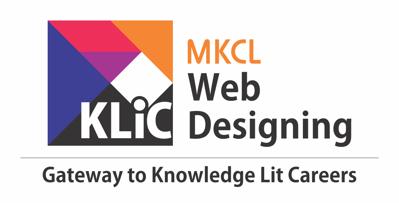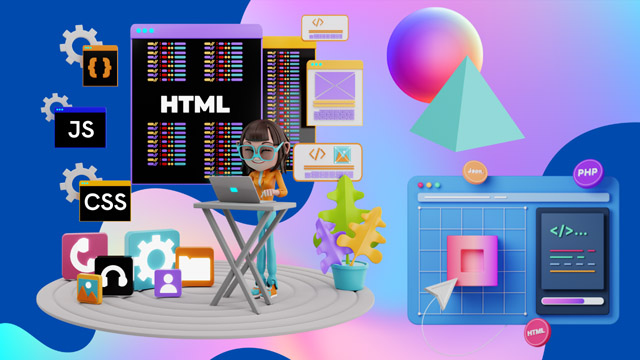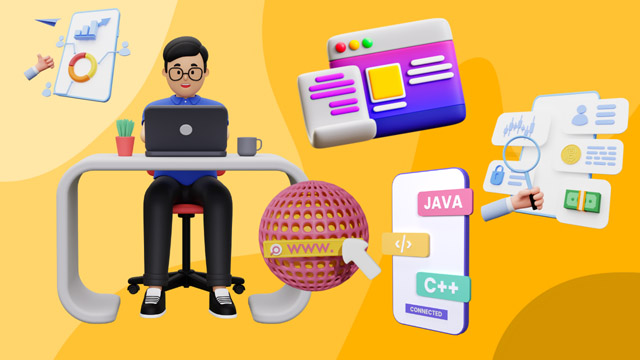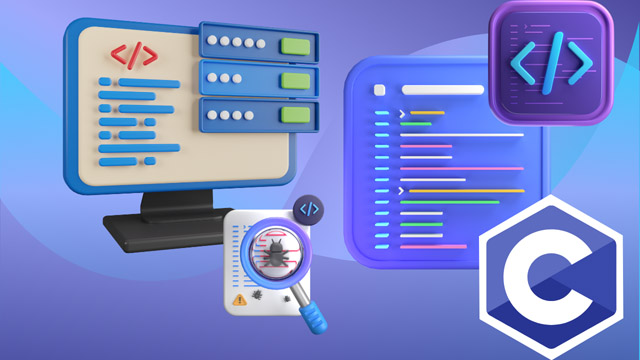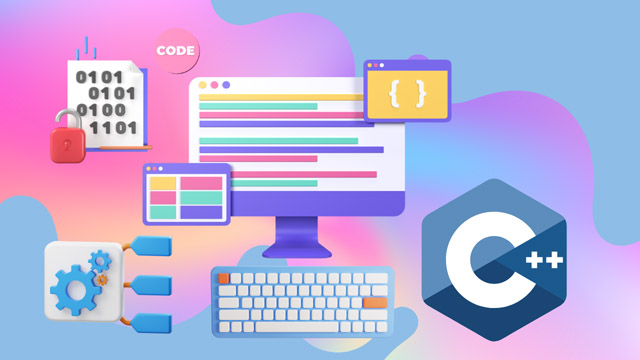Adobe Photoshop
Skills: Working Place, Customizing, Image and Color Modifications, Case Study - Black & White to Color, Using the Brush and Paint, Working with Selections, Scaling, Knowing the Layers, Filter Gallery, Color Adjustments
Outputs: Web Layout Design, Web Banner, Advertisement, UI Design
Web Layout

Figma
Skills: Designing a user interface using Figma, Adding content in the user interface using Figma, Creating and working on a project in Figma, Working with components and applying constraints in Figma, Working with plugins in Figma, Learning to prototype, share, and export a file in Figma, Executing to prototype, share, and export a file in Figma

